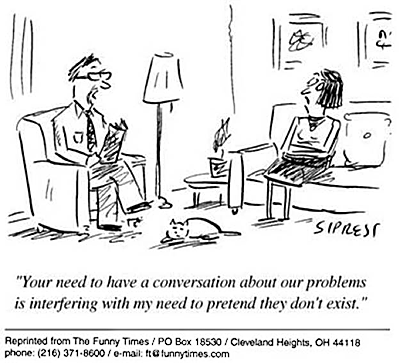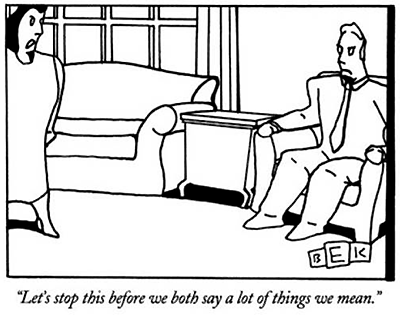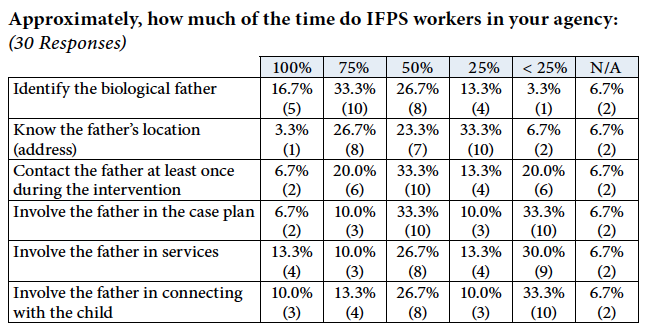That, of course, is a rhetorical question. Nevertheless, for many professionals, the skillful process of engaging families can be a great challenge. Why do so many professionals seem to struggle with engagement? Well, the reasons can be as diverse as the professionals who enter this work and the families who receive services. In IFPS, there are several reasons that make it a challenge.
The intervention is short-term. IFPS counselors may feel pressured to get the intervention process started without really getting to know the family.
Families may be reluctant to receive services, so they say “yes” to the intervention and then become actively unavailable in one way or another. There are families who do not wish to connect with their counselors or perhaps they may be facing some unknown problem of which the counselor is not aware that cause a disconnect.
The assumption the work needs to “get going”. For many, this work would be much easier if counselors could just jump right into conducting an intervention without having to concentrate on how to effectively engage families.
But, the challenging road of engagement cannot be avoided. So this opens the door to some questions.
1) What does it really mean to engage families?
2) How do we engage families?
3) Why do we need to focus so much of our time in building a good rapport with clients?
The process of engaging families is not about just doing a job to get it done or making families feel good. The concept of engaging families has been around since the grassroots of social work. It came about as a way of building rapport with clients so that professionals will grasp a better understanding of how to work with clients on expressing themselves about the challenges they may face in their lives.
The process of engaging families requires competency, respect, creativity, insight, empathy, patience, humor, genuineness and the ability to connect with families so that one can have a better understanding of the crisis that families face. The Social Work Dictionary (5th Edition) states the following about engagement: “Rapport is the state of harmony, compatibility, and empathy that permits mutual understanding and a working relationship between the client and the social worker.” So then, the process of engaging families is about spending time to get to know the family and allowing them to know you as their partner in the process of change.
When we build a good relationship with families, the intervention process can move smoothly and the family will be able to succeed throughout the intervention. We need to spend time on building a good rapport with clients. We cannot help if we do not take the time to know. Engaging families can lead to effective goal development and adherence to the treatment plan. Then families will be able to benefit more from the services and become happy about the outcome of the intervention.
Building good rapport with families, and outlining the benefits of change, can lead to a full intervention with a successful outcome rating. To engage families, we as counselors, need to be warm (i.e., showing interest, understanding clients’ crisis, acceptance) when interacting with the different families we serve. When family members are engaged, counselors do not have to be too concerned about ongoing conflict throughout the intervention regarding the families’ compliance. Having a positive relationship will decrease the possibility of an interrupted intervention or perhaps a case being turned back.
It has been said that you can reach the heart of a person through their stomach; so why not bring an engaging snack to the family, like coffee, juice, donuts. Allow time for the family to talk about what interests them, highlight their strengths, and let them know that you look forward to working with and helping them. When that happens, families will be able to be empowered to make changes.
So what is your idea about the process of engaging families? Please feel free to share your thoughts and ideas.
_______________
Posted by Moneefah D. Jackson



